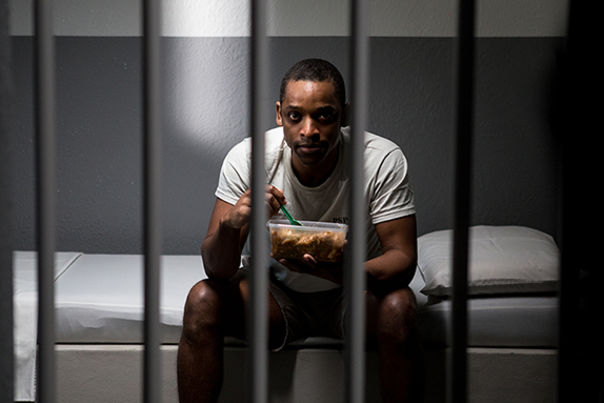A foreigner’s frightened look
By Felipe Ribeiro

Still from PARIS SQUARE
PARIS SQUARE goes from drama to suspense and highlight irreconcilable differences between the protagonists.
To the sound of fado, PARIS SQUARE begins in a serene Portuguese landscape, observed through open frames, and establishes a foreigner’s look that will be casted on Brazil through Camila (Joana de Verona), a young white psychologist.
She immerses herself in Rio de Janeiro and begins a research with Glória (Grace Passô), black woman from Morro da Providência whose past was plagued by violence and abuse. The social and experiential inequality between the two is the basis of everything. In addition to the color of their skin, their daily lives constructed in parallel shape the differences: Camila spends her days with her boyfriend while Gloria visits her brother in jail. Not by chance, an amicable encounter between them is only possible at the University of Rio de Janeiro, located in the middle ground between Rio’s South Zone and Morro da Providência. The city and its geography play an important role in the plot’s growing paranoia.
PARIS SQUARE develops the two characters’ stories harmoniously, keeping the viewer interested in both. That is why it sounds strange that when filming sex, Lúcia Murat's feature film becomes unbalanced. While the white and European couple, whose bodies meet the beauty standards, is seen more clearly, the black couple seems to hide their bodies that don’t fit the norm.
Nonetheless, the cohesive script and confident direction make the film move naturally from drama to suspense. In this movement, the precision of the fastest editing rhythm stands out. The act of including videos recorded by cell phones, which register a daily life of violence in Rio, is powerful and allows the viewer to reflect on the constantly available flow of images in the contemporary world. Moreover, within the structure of the film, such a choice also works to instill fear in Camila, the Portuguese.
Her nightmares are thrown at the screen, and Gloria’s close-ups, her patient, prompt discomfort in the viewer and in the psychologist. Camila, when frightened, loses her capacity to exercise empathy and exposes her racism. PARIS SQUARE couldn’t have had a different ending.

